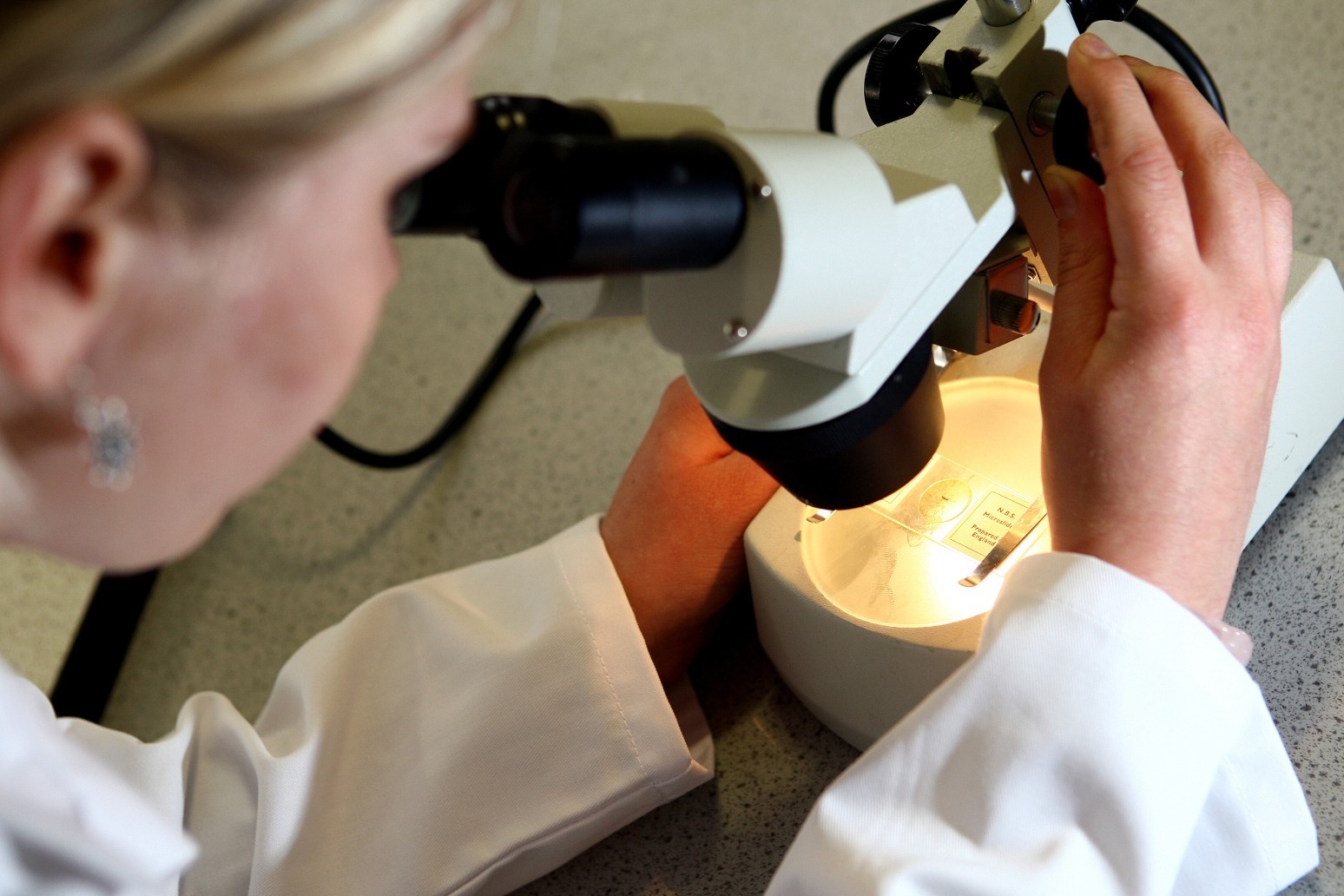This website uses cookies so that we can provide you with the best user experience possible. Cookie information is stored in your browser and performs functions such as recognising you when you return to our website and helping our team to understand which sections of the website you find most interesting and useful.
Dementia diagnoses in England at record high
22/07/2024

The number of people in England being diagnosed with dementia is at a record high, according to new figures from the NHS.
The latest data shows a record 487,432 people had a diagnosis in June.
While diagnosis rates are at their highest since the start of the pandemic at 65%, the health service said it still has more to do to meet its ambition of diagnosing 66.7% of the total number of people estimates suggest are living with a form of the disease.
England has one of the highest dementia diagnosis rates in the world, with high-income countries typically in the range of 20-50%, according to the NHS.
Its staff across the country are assessing care home residents to support identification of people who may have dementia to boost numbers further for patients and their families.
A timely diagnosis is vital to ensure more people get the support and care they need to live with the illness.
“Thousands more individuals are being diagnosed each month and more medication reviews are being done within 12 months.
The NHS is calling on people to come forward and get checked if they have any common early signs or symptoms.
Dr Jeremy Isaacs, national clinical director for dementia, NHS England, said: “Getting a diagnosis of dementia is the first step in supporting people, with a wide range of NHS services able to help.
“NHS staff have worked hard to recover services with the number of people with a diagnosis rising significantly over the last year, and now at a record level, but there is more work to be done.
“Thousands more individuals are being diagnosed each month and more medication reviews are being done within 12 months.
“Common early symptoms of dementia include forgetting bits of information, saying the same thing repeatedly, struggling to follow a conversation or find the right word and being confused about time and place. Usually, these problems will be more obvious to the person’s family and friends than to the individual themselves.
“If you have noticed that someone has symptoms, please encourage them to visit their GP for an assessment – the sooner someone is seen the quicker the NHS can help.”
Alzheimer’s Society policy manager Dr Alex Osborne welcomed the progress but stressed the importance of early diagnosis.
She said: “An early, accurate diagnosis is vital for unlocking care, support, and treatment.
“We’re close to meeting the existing target of a 66.7% diagnosis rate – so now we’d like to see bold, ambitious but achievable new targets set for the future to ensure everyone gets the diagnosis they need.”
The latest figures show 86,434 people with a dementia diagnosis had their medication reviewed in the preceding 12 months.
The figure for June 2023 was 77,112.
Published: by Radio NewsHub



